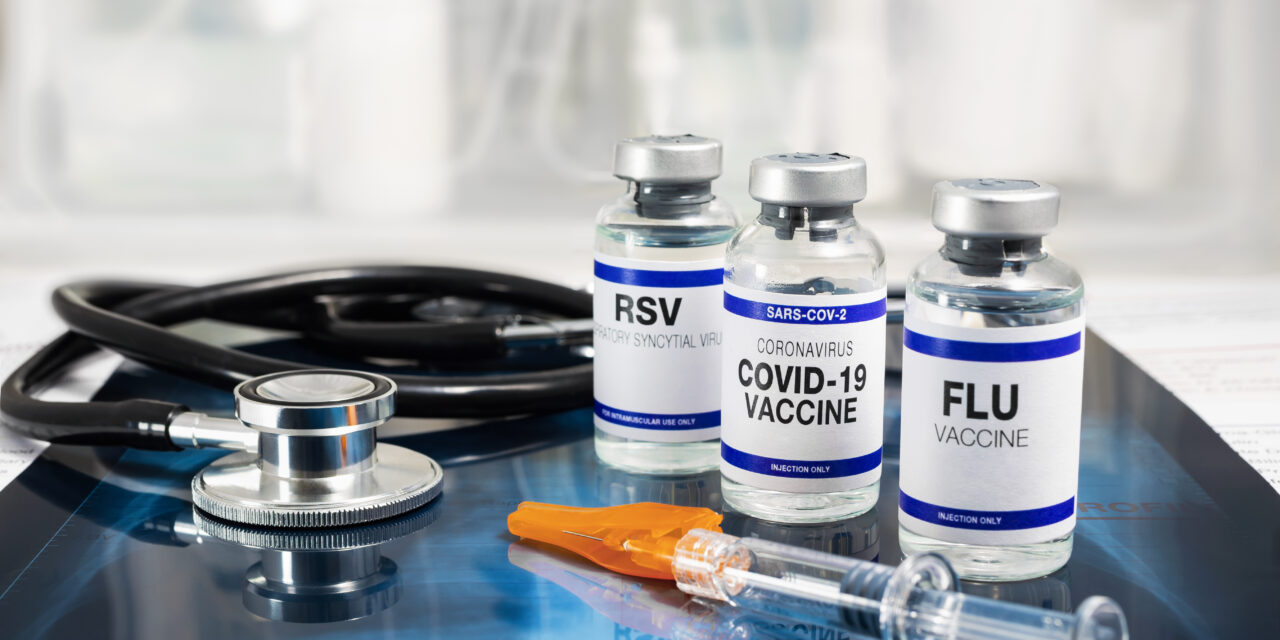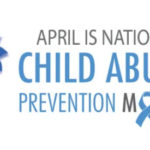By Annette Pinder
Respiratory syncytial virus (RSV) is a highly contagious virus that affects the lungs, and often causes life-threatening infections such as pneumonia and bronchiolitis in people of all ages. Thus, the recent FDA approval of an RSV vaccine for individuals ages 60 or older is significant.
The new vaccine, known as Arexvy, does not use new technology. It is a protein-based vaccine that is similar to the vaccines used against hepatitis B, shingles, and influenza. Arexvy was developed by the pharmaceutical giant GSK, and uses a harmless version of a protein found on the outside of the virus that trains the immune system to block the virus before it can enter.
The RSV vaccine will be made available ahead of the fall and winter RSV season, when people are most at risk. Although most people are frequently affected by RSV over a lifetime, they have only mild cold symptoms. However, babies and older adults can become severely ill. The U.S. Centers for Disease Control and Prevention (CDC) estimates that RSV is responsible for 60,000-120,000 hospitalizations and 6,000-10,000 deaths in people age 65 or over each year. GSK is also conducting a trial to test the vaccine in people as young as age 50.
Common side effects of Arexvy were pain at the injection site, fatigue, muscle pain, headache, and joint stiffness. According to the FDA, 10 people experienced atrial fibrillation (abnormal heart rhythm) within a month of receiving the vaccine, and one person had Guillain-Barré syndrome (a rare disorder in which the body’s immune system attacks the nerves). Two patients who received the RSV and influenza vaccine at the same time suffered from acute disseminated encephalomyelitis, an inflammatory condition that affects the brain and spinal cord. As a result, GSK is currently studying the risk of Guillain-Barré, brain and spinal cord inflammation, and atrial fibrillation, prior to the vaccine becoming widely available.
Pfizer is also expected to seek approval for its own version of the RSV vaccine for older adults, and the FDA is also assessing the effectiveness of a maternal vaccination developed by Pfizer that will prevent the virus from being passed from mother to the unborn baby. Additionally, Moderna announced that its RSV vaccine, which will be submitted for review this month, was highly effective in protecting older adults from both RSV and serious illness. Another company, Bavarian Nordic, expects results from its RSV vaccine trial in the middle of this year, and plans to seek approval if it is successful. Finally, a monoclonal antibody developed by AstraZeneca and Sanofi also is under review. The hope is that the monoclonal antibody will be able to provide vaccine-like protection to babies over an entire season. A monoclonal antibody made by Sobiis is already currently available to high-risk children and must be given once a month.
This June, experts are scheduled to meet with the CDC to recommend how the new approved RSV vaccines should be distributed. Learn more about the approval of the RSV vaccine at https://tinyurl.com/2h76f7w8. Learn more about RSV and its transmission, symptoms, and more at https://www.cdc.gov/rsv/index.html.












